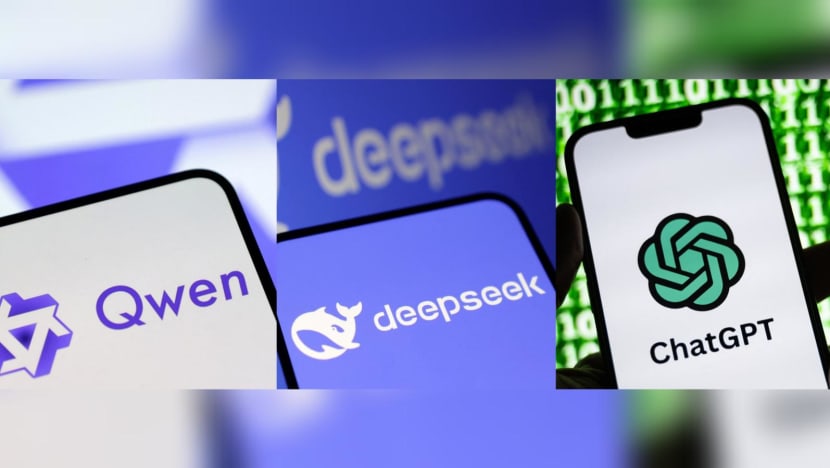Unless you’ve been living under a rock, you would have heard of DeepSeek-R1, the low-cost Chinese AI app that has rattled Silicon Valley and taken the world by storm.
But ever since its high-profile launch on Jan 20, pressure has been mounting among Chinese tech giants and start-ups, as they race to upgrade and relaunch their own models.
On Jan 22, TikTok owner ByteDance released an updated version of its popular Doubao app - a ChatGPT-like conversational model which rose to prominence as China’s leading AI chatbot in 2024, seeing 60 million active monthly users as of November 2024.
Not to be outdone, Chinese e-commerce giant Alibaba rolled out a new version of its Qwen2.5-Max chatbot on Jan 29, claiming that it “outperforms … almost across the board”, especially when it comes to tasks like coding and legal reasoning and solving math problems.
Other offerings like the open-source Chinese-language model ChatGLM, Baidu’s Ernie Bot and Kimi k1.5, developed by Beijing-based startup Moonshot AI - have also been steadily evolving from simple tools to sophisticated systems, experts note.
